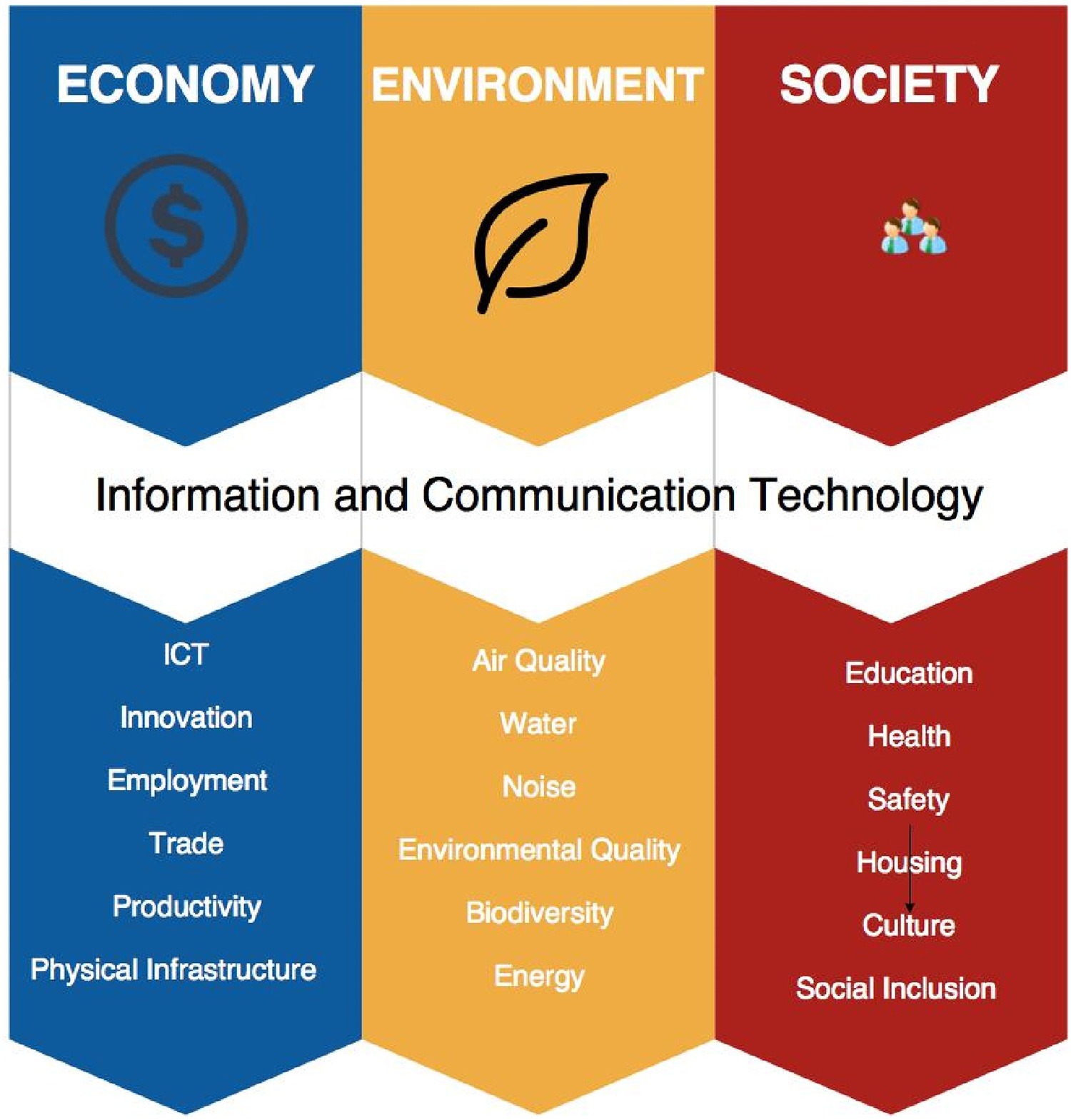The United Nations Sustainable Development Goal (SDG) 11 aims to "Make cities and human settlements inclusive, safe, resilient, and sustainable." This goal acknowledges the growing importance of urban areas, as it's projected that by 2050, nearly 70% of the world's population will live in cities. Consequently, cities bear significant implications for sustainability, economic growth, and societal wellbeing.
Inclusivity is a key feature of sustainable cities. This refers to equitable access to opportunities, public services, and amenities, regardless of a person's background or circumstances. It implies the availability of affordable and adequate housing, thus addressing issues of homelessness and substandard living conditions.
Safety in cities means ensuring urban environments that protect their inhabitants from both physical harm and psychological distress. This involves addressing crime rates, traffic accidents, and potential hazards from poor infrastructure, while also considering the impacts of noise, pollution, and overcrowdedness on mental health.
Resilience is another important aspect, particularly in the face of climate change. Resilient cities can withstand and quickly recover from shocks such as natural disasters or economic crises. This involves aspects such as resilient infrastructure, disaster risk reduction strategies, and adaptive capacities at the community level.
Sustainability, finally, requires cities to function in a way that doesn't compromise future generations' ability to meet their own needs. This includes sustainable urban planning to reduce environmental impact, promote energy efficiency, and conserve resources. It also considers the importance of green spaces for biodiversity and the wellbeing of urban residents.
SDG 11 is interconnected with many other SDGs. For example, sustainable urban transport systems contribute to SDG 13 (Climate Action) by reducing greenhouse gas emissions. Meanwhile, ensuring access to green and public spaces supports SDG 3 (Good Health and Well-being).
Achieving sustainable cities and human settlements requires cooperation and participation from various stakeholders, including government authorities, urban planners, businesses, and citizens. Through their collective efforts, cities can be transformed into hubs of sustainability, resilience, and inclusivity, contributing significantly towards the realization of the SDGs.
With growing health risks from rising temperatures in the Global South, the lack of essential indoor cooling is increasingly seen as a dimension of energy poverty and human well-being. Air conditioning (AC) is expected to increase significantly with rising incomes, but it is likely that many who need AC will not have it. We estimate the current location and extent of populations potentially exposed to heat stress in the Global South.
The built environment is responsible for large negative ecological impacts due in part to the vast amount of materials used in construction. Concurrently, construction and demolition activities result in vast amounts of materials being buried, burnt, and dumped. It is essential therefore to analyze the impact of building materials acquisition, use, and transformation on the ecosystems people inhabit and rely upon for well-being. Typically, this is examined in terms of material use, energy use, and emission of pollutants including greenhouse gases.
The pollution of the marine environment by solid wastes, either directly introduced into the sea or discharged into the oceans from rivers or pipelines, is considered from the perspective of both their impacts and their regulation. The waste materials covered include dredged material, particulate wastes from sand/gravel extraction, and land reclamation, and industrial wastes including mining wastes, munitions, and plastics/litter.
Sustainable Urban Mobility Pathways: Policies, Institutions, and Coalitions for Low Carbon Transportation in Emerging Countries, 2019, Pages 23-63
Reference Module in Earth Systems and Environmental Sciences, Volume 4: Encyclopedia of Ecology (Second Edition), 2019, Pages 344-351

